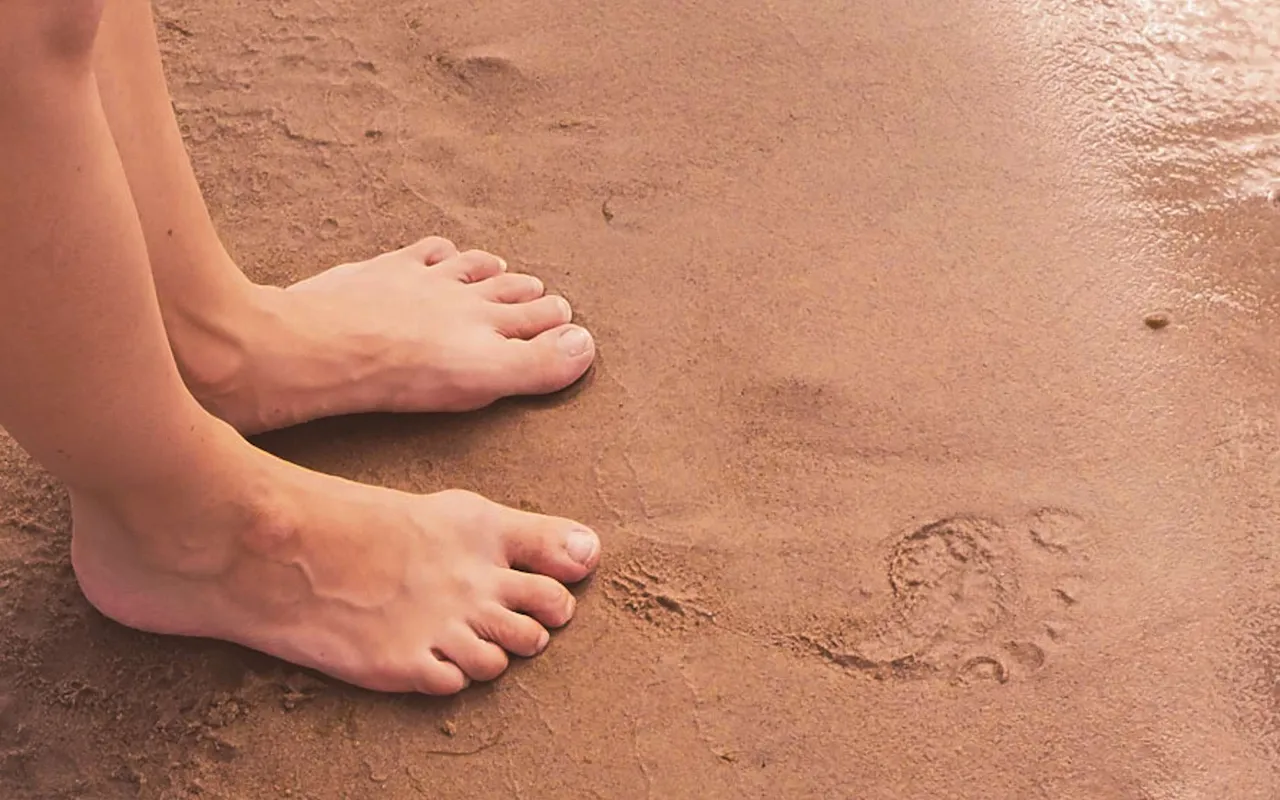Smallsteps and I spend a lot of time talking about things as we do other activities, whether playing eating, or just driving along. Sometimes she wants me to come up with the topics, sometimes she has something on her mind and wants to lead the discussion. Last night we were preparing her evening snack and she wanted to talk about feelings but wanted me to start. So we were talking about where feelings might come from, and how some feelings might not be valid, as they are based on our imagination.
Her example was fear

So then we discussed what might be a good strategy to evaluate whether it was an emotional fear based on nothing, or a rational fear based on something. Essentially, we came to the "conclusion" that we would have to pay attention to what the source of our fear is, and whether it is something that is happening to us now and could affect us physically, or whether it is something that we are adding into the environment, that isn't actually there - like monsters in the dark.
For the record, Smallsteps doesn't mind care about monsters, she wants to dream about dragons and dinosaurs.
However, it was what she said next that surprised me, because she has apparently decided that if she is scared, and there is nothing that she "should" be scared about, the best strategy is (with hand actions to demonstrate) is to, "put one foot in front of the other, left foot, right foot, left foot".
Just keep going.
It is good advice, but how many adults can do this? When we are faced with the fears of our lives, even when we know they are irrational, do we push through? Or, do we make excuses, finding ways to justify avoiding the situation altogether?
Fear is formed in the oldest parts of our brain and is obviously a useful mechanism to keep us safe, but life has changed considerably since we developed those regions. We have also built up newer parts of the brain, like the prefrontal cortex that performs complex reasoning, which allows us to do what we do and advance things like our technological evolution. However, this is also where our personality seems to lay, and our imagination. So, what ends up happening is that our fear mechanisms get layered over our ego and imagination, to create a sense that we are under threat or attack, even if there is no actual danger at all.
Teasing apart what we should and shouldn't be afraid of can be a difficult task, because when we fell something, it always feels real, otherwise we wouldn't be feeling it. One of the justifications for these kinds of fear is it is our "intuition" telling us that something is wrong, so fear is justified. But most of us don't consider that intuition is just another feeling based on experience, and if we don't have experience in a particular area, it is likely to present as a fear.
Uncertainty and the unknown are areas where we have no experience.
So our intuition raises our fear levels, until we shine a light and get to know with a little more certainty what lays there. But in order to do this, we have to spend some time understanding the situation, which is hard to do, because our intuition has already told us our feelings are correct, so we generally just move on. Unless we have a process to reflect, we are likely to miss all the times that we "invalidly" felt something, because our judgement has told us we are right, without investigating if true or not.
I was talking to a friend about this the other day too, where we make thousands of judgements a day, but the vast majority of them go unverified. Though, because we have the feeling we are right, we think our judgements are good. When we are caught out as wrong, it feels like an exception, but is it?
We don't know.
Smallsteps is very attentive and careful, which makes her conservative in many ways. She doesn't take risks, everything is calculated. This makes her very good at some activities, but also holds her back from others that might be beneficial for her development. She doesn't make too many mistakes, and this limits her learning. Perhaps talking about these things will help her build a calculated approach to risk taking, where she can more objectively way up the pros and cons, and jump.
Or take small steps.
One foot in front of the other...
Taraz
[ Gen1: Hive ]
